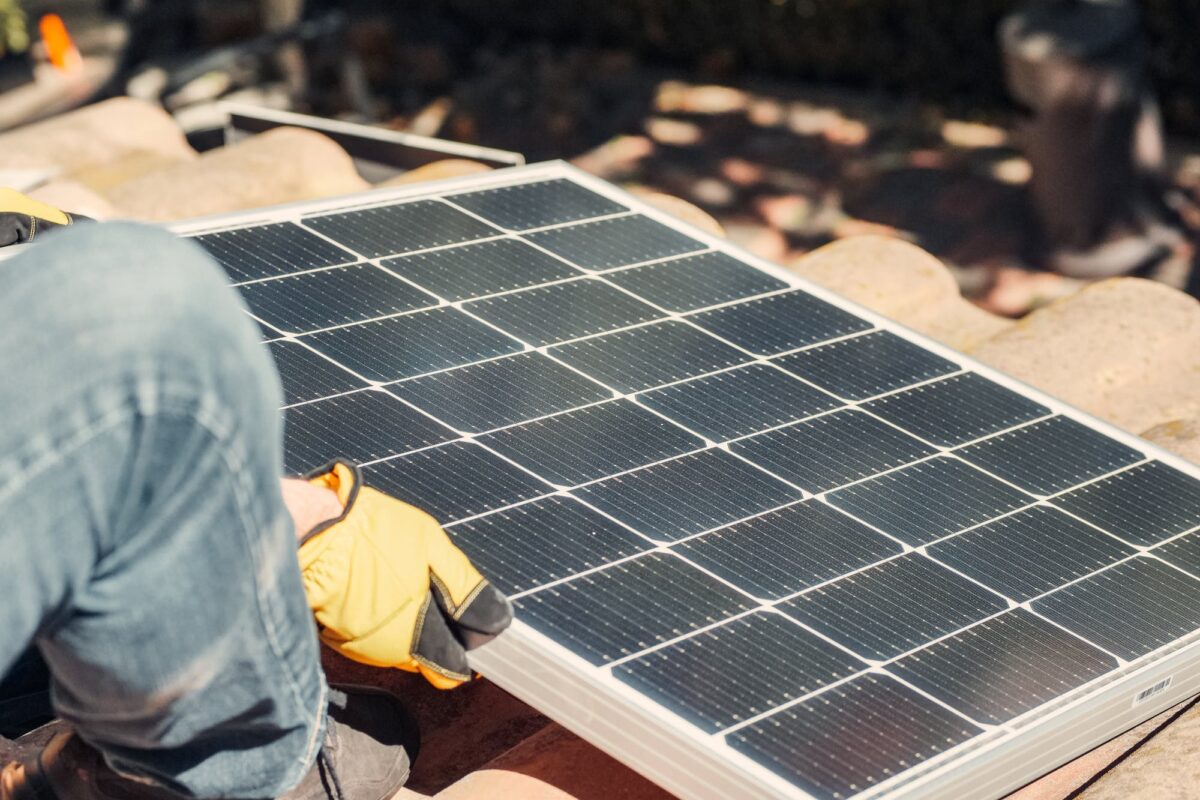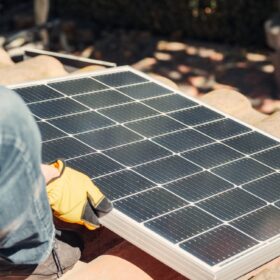Georgia Power, the largest electric subsidiary of Southern Company and the power provider for almost all of Georgia, has released its 2022 Integrated Resource Plan (IRP), outlining how the utility plans to provide electricity to its 2.7 million customers over the next 20 years.
Headlining the IRP comes the announcement that Georgia Power will retire and decertify all Georgia Power-controlled coal generation units, with the exception of Plant Bowen Units 3 & 4, which will continue to operate no later than 2035. The company’s plan includes retirement of a total of 12 generating units, or more than 3,500MW, by 2028 and, if approved, would begin later this year and continue through 2028.
How will this capacity be replaced? Well, first and foremost, Georgia Power is proposing to certify an additional 2,356MW of capacity from natural gas power purchase agreements (PPAs), procured through the company’s 2022-2028 Capacity Request for Proposals (RFP).
While the company’s continued commitment to natural gas may be troubling, that isn’t the only resource planned to replace the coal capacity. The utility is also proposing an addition of 6,000MW of renewable capacity by 2035, which includes a request for approval of 2,300MW in the aforementioned IRP, and the bulk of which will likely come from solar.
Georgia Power is also requesting approval to own and operate 1,000MW of energy storage by 2030, which includes a specific request for approval to own and operate the 265MW McGrau Ford Battery Facility.
Getting away from large-scale generation resources, Georgia Power’s IRP also includes proposals for the creation of distributed energy resource (DER) and income-qualified community solar pilot programs.
The DER program would enable participating customers to receive a resiliency service via a company-owned, operated and maintained DER. Participating customers could elect to receive a credit in exchange for the company’s ability to access the DER for the benefit of all customers during a system reliability event, like peak demand reduction or load-shifting. If approved, it would provide system reliability benefits for all customers while supporting commercial and industrial customers with enhanced resiliency needs. This seems to be a pretty standard utility DER response pilot program, though others in the past have opted to allow customers to bring their own battery system, rather than have one provided by the utility, though providing a battery does remove the considerable financial burden of adopting residential storage.
the community solar pilot program would provide income-qualified customers access to Community Solar generated energy at discounted prices. The discount would be made available by participating corporate sponsors who would receive corresponding Renewable Energy Certificates (RECs). Both proposed programs are subject to regulatory approval.
This content is protected by copyright and may not be reused. If you want to cooperate with us and would like to reuse some of our content, please contact: editors@pv-magazine.com.









By submitting this form you agree to pv magazine using your data for the purposes of publishing your comment.
Your personal data will only be disclosed or otherwise transmitted to third parties for the purposes of spam filtering or if this is necessary for technical maintenance of the website. Any other transfer to third parties will not take place unless this is justified on the basis of applicable data protection regulations or if pv magazine is legally obliged to do so.
You may revoke this consent at any time with effect for the future, in which case your personal data will be deleted immediately. Otherwise, your data will be deleted if pv magazine has processed your request or the purpose of data storage is fulfilled.
Further information on data privacy can be found in our Data Protection Policy.